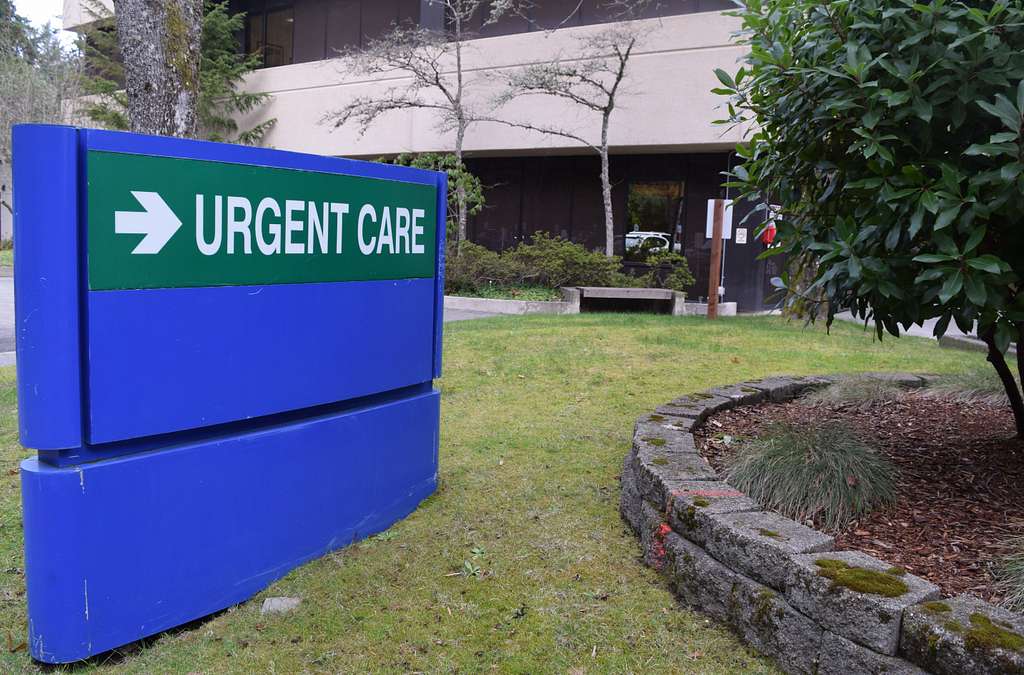Seasonal illnesses like colds, the flu, and allergies are a part of life for many, but knowing when to seek urgent care can make all the difference in managing these conditions. While most mild symptoms can be treated with home remedies or over-the-counter medications, some signs shouldn’t be ignored. This guide may help you determine when it’s time to visit for seasonal illnesses so you can get the care you need quickly and feel better sooner.
How Can You Tell if the Flu Warrants a Quick Visit?
The flu can strike quickly, leaving you feeling drained with symptoms like achy muscles, a high fever, and a persistent cough. While many people recover at home, certain warning signs may indicate serious complications that require urgent medical attention. Difficulty breathing, such as labored breathing, chest pain, or wheezing, could signal pneumonia, a common flu complication.
Severe dehydration, often caused by vomiting, diarrhea, or insufficient fluid intake, may require medical intervention like IV fluids. Symptoms like confusion or dizziness could point to serious viral complications or extreme dehydration. If your flu symptoms initially improve but then worsen, it may indicate a secondary bacterial infection, such as bronchitis or an ear infection, that requires care.
What Symptoms Shouldn’t Be Ignored During Allergy Season?
For those who experience seasonal allergies, itchy eyes and sneezing are common nuisances. But sometimes, allergy symptoms can spiral into more serious health concerns. If you notice the following symptoms, think about heading to urgent care:
- Worsening Asthma Symptoms: Allergies can aggravate asthma, leading to increased wheezing, coughing, or chest tightness. If your rescue inhaler isn’t providing relief, urgent care can help.
- Facial Swelling or Difficulty Breathing: These could indicate a severe allergic reaction, known as anaphylaxis, which requires immediate medical attention.
- Severe Sinus Pain: While sinus pressure is common during allergy season, persistent or severe sinus pain could signal a sinus infection requiring antibiotics.
- Unrelenting Headaches: Headaches caused by sinus congestion or pressure that don’t improve with over-the-counter remedies should be evaluated for further treatment.
Urgent care providers can assess allergy-related complications and offer treatments like antihistamines, corticosteroid nasal sprays, or even allergy testing.
What Are the Signs Your Cold Needs Urgent Care?
A common cold generally doesn’t require medical attention. Rest, hydration, and over-the-counter medications are often enough to ease mild symptoms. If your cold takes a turn for the worse, urgent care may be necessary. Here are some warning signs to watch for:
- Persistent High Fever: If your fever is 101 degrees Fahrenheit or higher and lasts more than three days. A high, prolonged fever may point to a secondary infection like bronchitis or pneumonia.
- Shortness of Breath or Wheezing: Difficulty breathing or wheezing is not typical for standard cold symptoms and may signal a more serious condition, such as asthma exacerbation or a chest infection. Seek medical support immediately.
- Severe Throat Pain: A sore throat that makes it hard to swallow or speak could indicate strep throat, particularly if accompanied by white patches in the throat or swollen tonsils.
- Symptoms Lasting Over 10 Days: If your cold symptoms linger for more than 10 days, it could be a sinus infection or another condition that requires prescription treatment.
Urgent Care centers are equipped to assess and treat these more severe cold complications, often without the lengthy wait times of emergency rooms.
Visit an Urgent Care If Needed
Recognizing when seasonal illnesses require urgent care can help you avoid unnecessary suffering and serious complications. Whether you’re battling a severe cold, flu, or allergies, these centers provide prompt, expert care to help you recover faster. Visit today to get back on the path to better health.









Leave a Reply